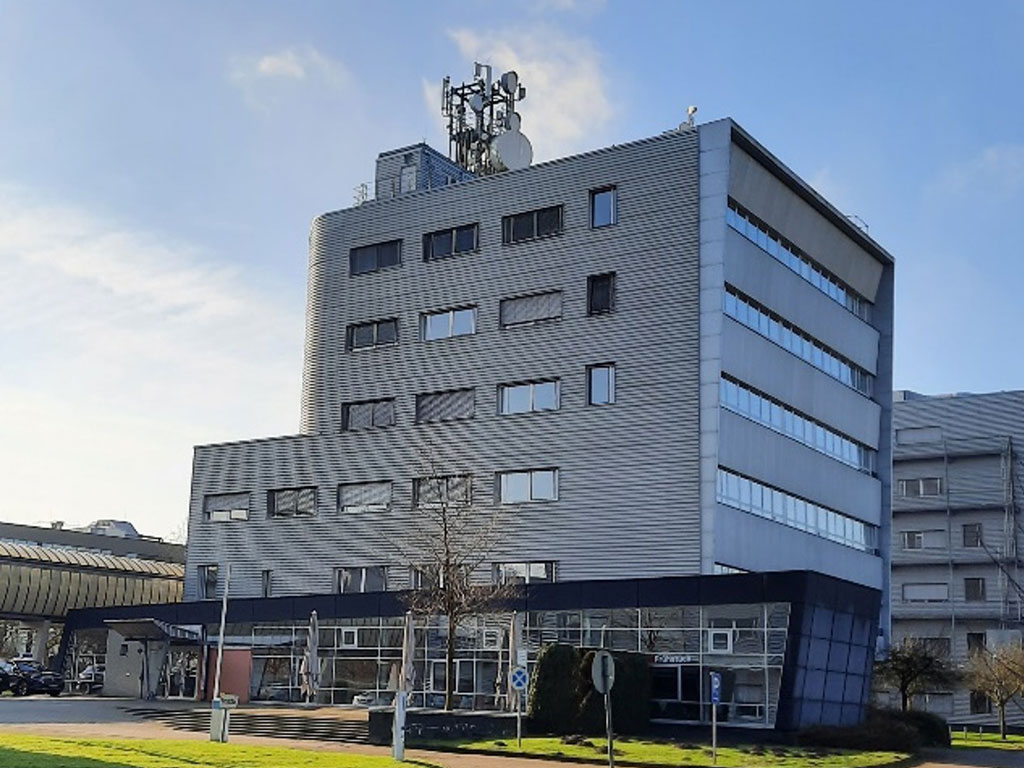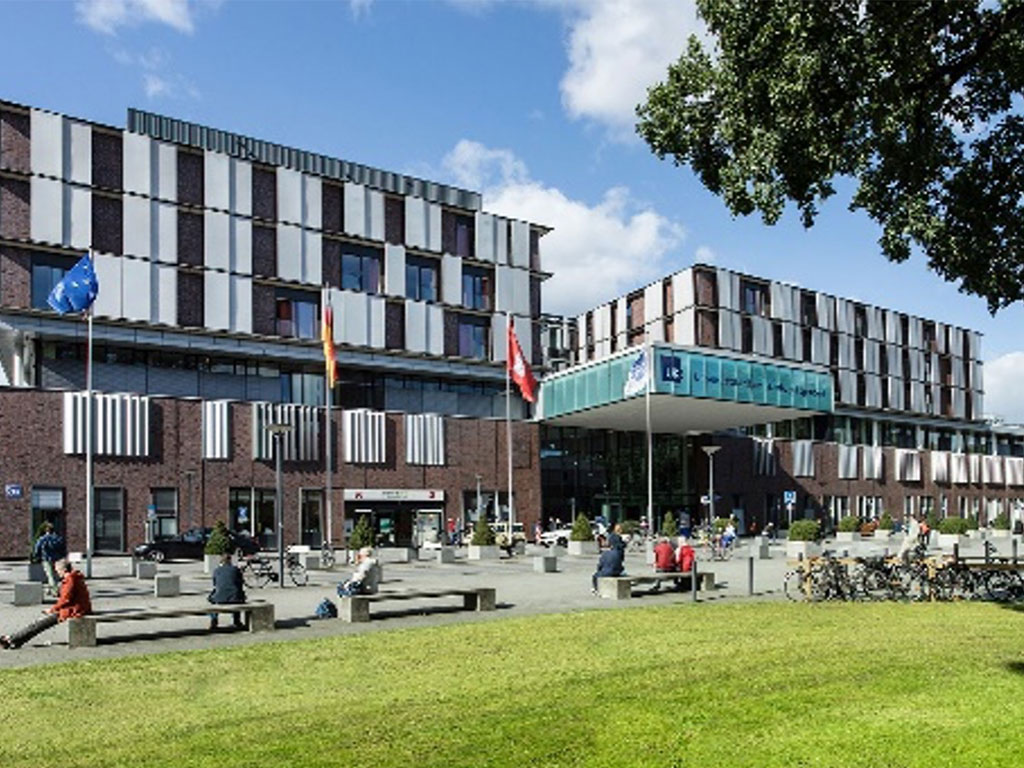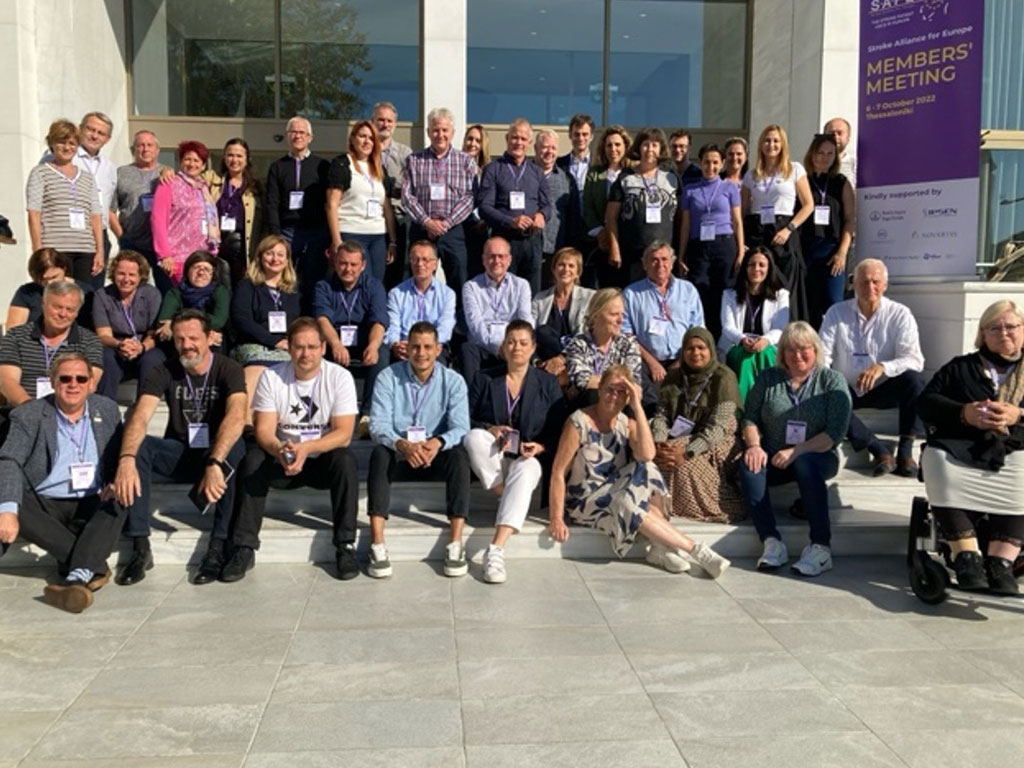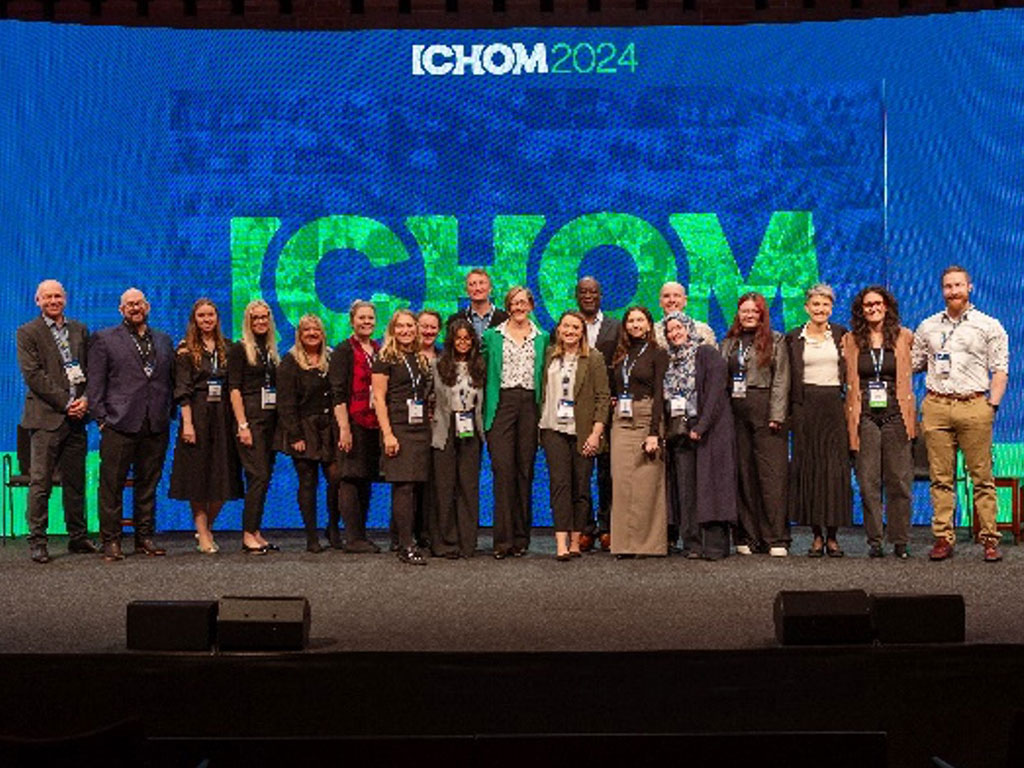EAST-STROKE Europe Partner
The EAST-STROKE consortium brings together leading European partners from medical science, healthcare, social sciences, and humanities, as well as patient representatives. Our experts have been carefully selected based on their outstanding scientific expertise in clinical stroke trials, their leadership in clinical research, their organizational experience, and their proficiency in communication and dissemination of scientific knowledge, as well as their role in representing key stakeholder interests. Together, we are setting new standards in stroke research.

University Medical Center Utrecht

Vall d’Hebron Barcelona
Our institution is dedicated in research, education, and innovation in the field of healthcare. The Stroke Unit provides comprehensive and high-quality care to patients who have suffered a stroke, based on innovation, continuous improvement in care quality, and clinical management.

Hamburg Center for Health Economics / University of Hamburg
As a joint center of the University of Hamburg (UHAM) and the University Medical Center Eppendorf (UKE), the Hamburg Center for Health Economics (HCHE) integrates economic and social science, competencies as well as comprehensive medical expertise.

Atrial Fibrillation NETwork (AFNET)

University Hospital Bern, Inselspital
Inselspital, Bern University Hospital is part of the Insel Group, one of Switzerland’s leading hospital groups for university and integrated medicine. With around 11,000 employees, it offers people comprehensive healthcare through pioneering quality, research, innovation and education.





